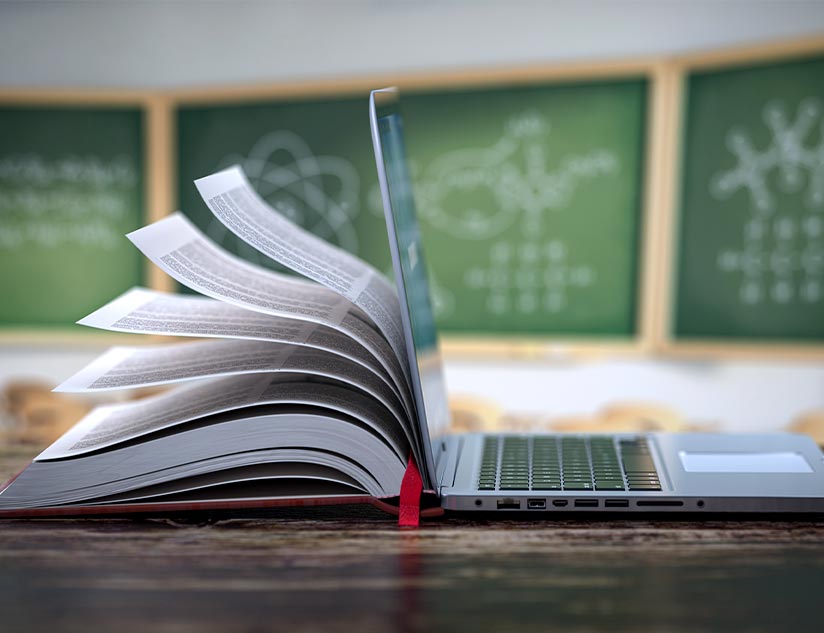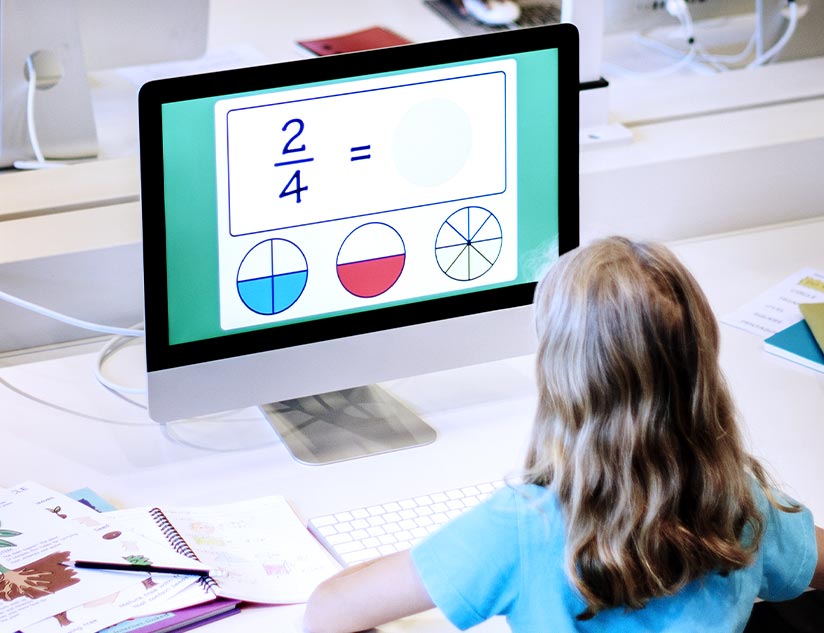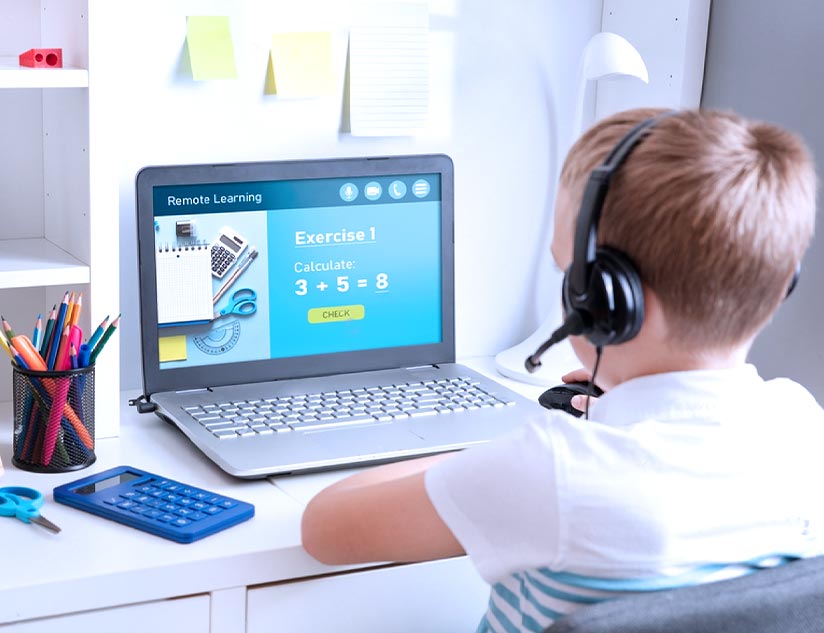Assessments are the best way to gather information about students’ abilities, strengths, and areas for improvement. They help educators adjust their pedagogy to facilitate higher learning achievement and improve educational experiences, promoting accountability among both students and educators. Personalized assessments align the process of evaluating learner progress to their individual learning needs and goals, leveraging data-driven insights regarding learning styles, interests, and progress levels.
Need for Personalized Assessments
Tailoring assessments to learner needs empowers educators and makes adaptive learning wholesome. It works as a compass to guide educators and learners toward greater academic success.
Educator Empowerment
Personalized assessments streamline evaluations and give educators targeted insights into individual learning gaps. Additionally, they facilitate individualized feedback and the identification of appropriate interventions. This enables educators to offer differentiated instruction to improve academic performance.
Adaptive Learning
As instruction delivery and learning paths become increasingly personalized, offering greater autonomy and inclusion within learning processes and keeping assessments curriculum-centered may create a disconnect between learning and evaluation. Tailoring evaluation formats, question types, frequency, difficulty levels, and evaluation goals to individual needs helps make the overall learning experiences cohesive.
Personalized Digital Assessments Defined
Personalized digital assessments focus on measuring and supporting individual achievement rather than comparing learners to fixed standards. This type of assessment appreciates individual differences and bolsters engagement in line with such differences.
Leveraging AI and ML powers digital assessments with data to help create unique and flexible evaluations to identify progress toward individual learning goals and examine previous retention.
Impact of Customized Assessments
There are several benefits of personalized digital assessments on not only student performance but overall learning experiences.
Factors such as neurodiversity and psychological conditions can negatively impact a student’s academic performance due to increased anxiety and stress caused by pressure to excel. Personalized assessments, in the form of challenges and unique games, assess students based on their existing skill and knowledge levels. This directly helps lower learner anxiety and create a positive assessment experience.
Advanced education technology uses data-based insights from learner tracking, previous performance, and personalized learning to create unique assessments that evaluate individual learner progress. Digital assessments enable smart real-time feedback, which helps learners immediately discover areas for improvement and ensure instant availability of resources, giving them a sense of autonomy. Moreover, digital tools create authentic assessments that resemble real-world scenarios, helping students relate to learning better.
Further, as personalized assessments guide educators and digital learning solutions to fine-tune instruction and tailor learning paths, the learning experience and student motivation improve, enhancing student engagement and learning achievement.
Tailoring Assessments
Digital assessment tools equipped with data-driven insights and adaptive learning technology extend personalization to assessments in multiple ways.
Considering Learner Performance
Since data insights facilitate the creation of personalized learning journeys while addressing individual preferences and goals, they also form the basis of formative assessments. Insights from learner analytics facilitate the creation of assessments that help evaluate growth over previous performance to achieve individual learning goals.
Diverse Types
Personalization entails changing questions according to difficulty levels or individual strengths and changing question formats and assessment types to create learning opportunities. For instance, peer and self-assessment help students recognize their strengths and weaknesses. On the other hand, collaborative assessments enable them to practice social skills, navigate conflict navigation, and demonstrate leadership while allowing others to learn from their peers and apply their learning by observing. Such assessments meet the needs of diverse learning styles and distinct learning goals.
Ensuring Inclusivity
Adaptive learning journeys and assistive technologies accommodate different learner needs and paces to improve student outcomes. Applying the same to assessments extends inclusivity and adaptiveness to evaluation.
An Example
Consider a high-speed learner with examination anxiety; giving them assessments according to someone who performs well under pressure cannot help gauge their learning achievement. This is where insights-based assessments that consider previous performance can help. Allowing students with exam anxiety to work in groups or use interactive assessments, where they can express their opinions and put their learning to practice rather than answering traditional questions, can significantly boost confidence and give better insights into their learning progress.
Tapping Into the Opportunity
The size of the K-12 education testing and assessment market is forecast to surpass $12 billion by 2028, growing at a CAGR of 11.2% from 2024 to 2028. While this is a great opportunity for edtech solution providers, the high demand is propelled by analytics availability. One-size-fits-all, inflexible digital assessment platforms are no longer sufficient. Educators must use education technology tools that integrate with learning management systems to gather insights and facilitate personalization to empower adaptive learning and assessment initiatives. Contact the experts at MagicBox to learn how digital assessment solutions that facilitate personalization can transform the learning journeys and academic achievement of learners.
















